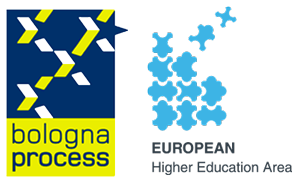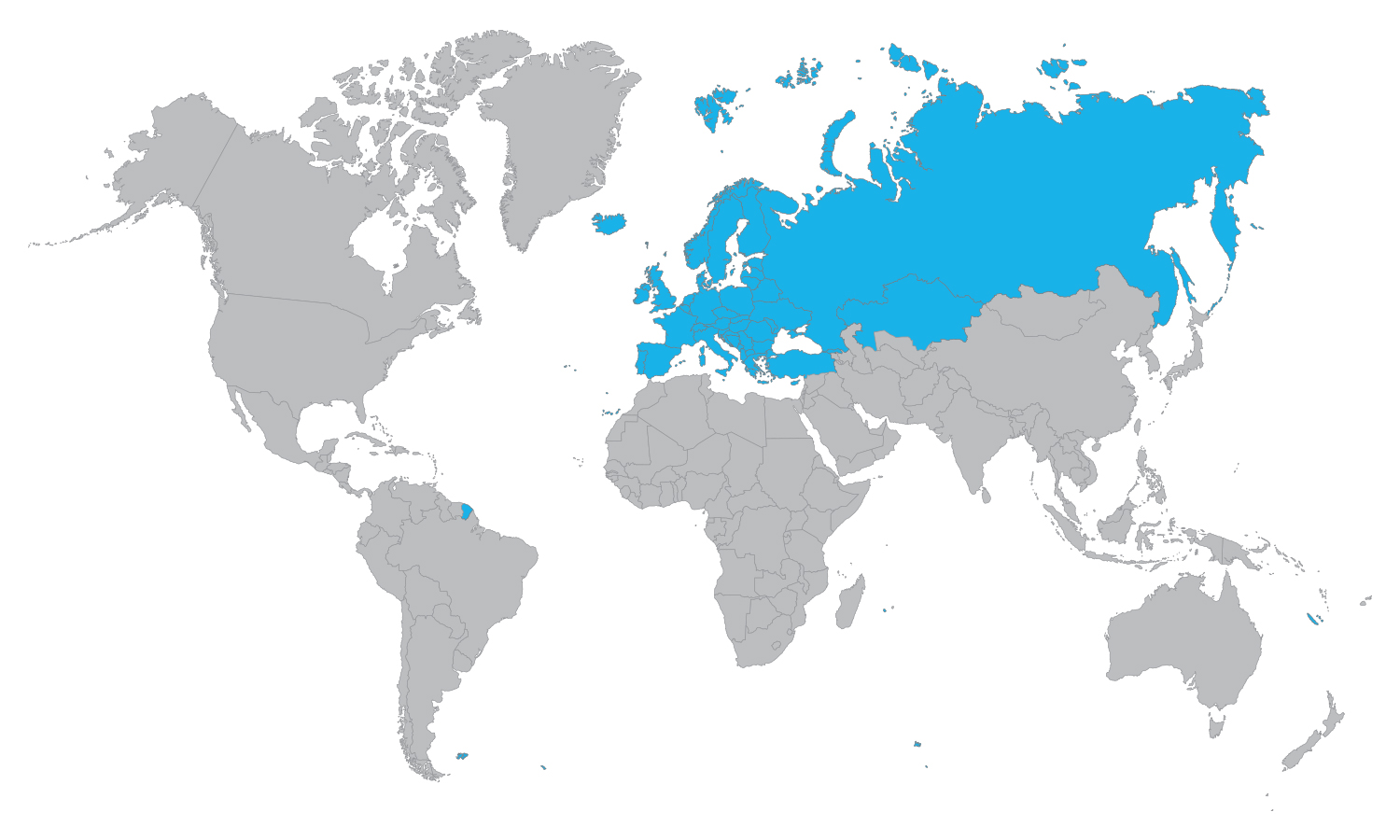The idea for the creation of a single European Higher Education Area started with the Bologna Process, where 29 Ministers of Education of European countries (including Greece) signed the Bologna Agreement, in which political decisions were taken to create the European Higher Education Area (EHEA).
The Bologna Declaration was signed on 19 June 1999. For symbolic reasons, the ceremony was chosen to take place in Bologna, the city with the oldest university in Europe. The Declaration reflected the European Union's vision for the EHEA, whereby university-level education in Europe would be developed based on commonly agreed principles. The Declaration aimed to create a common framework for the structure and functioning of national higher education systems, to ensure the comparability and recognition of their specific elements and characteristics.
The signing of the declaration was preceded by a meeting of Ministers from France, Germany, Italy, Germany, and the United Kingdom, which took place at the Sorbonne University in Paris, where the procedures for the creation of the EHEA were discussed for the first time. Since then, and since the Bologna Declaration, many meetings have been held in cities such as: Prague (2001), Berlin (2003), Bergen (2005), London (2007), Levin (2009), Budapest and Vienna (2010), Bucharest (2012), Yerevan (2015), Paris (2018), and Rome (2020).
The Bologna Declaration has been since then a reference point for developments in higher education in Europe, even if, over the years, various individual elements of the process have greatly varied. Today, a total of 49 countries, both EU and non-EU, participate in the EHEA process.


